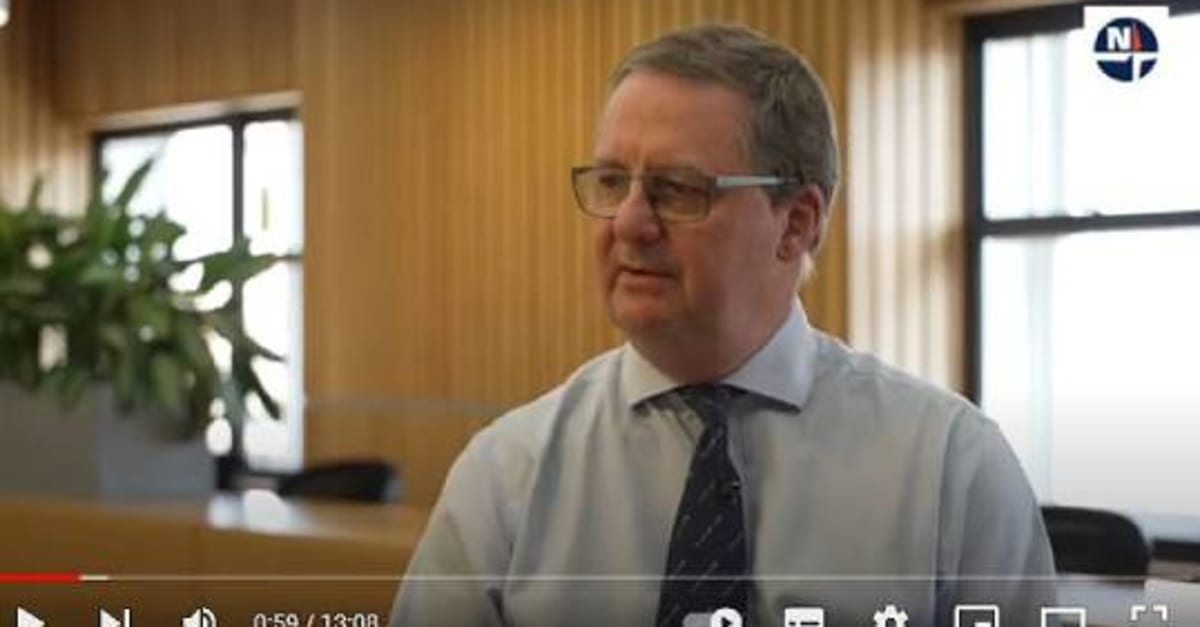Addressing Maritime Threats in the Gulf of Guinea
At the 4th International Maritime Defence Exhibition and Conference (IMDEC 2025), President John Dramani Mahama emphasized the importance of developing technological strategies to address the growing threats in the Gulf of Guinea. His message was delivered by Chief of Staff, Julius Debrah, who highlighted the persistent and evolving nature of maritime challenges.
Persistent and Evolving Threats
Debrah noted that the maritime domain faces a range of threats, including illegal, unreported, and unregulated (IUU) fishing, piracy, drug trafficking, and transnational crime. He stressed that these issues pose significant risks to coastal waters and called for immediate action.
The President’s speech underscored the potential of Africa’s New Economy, which includes fisheries, offshore oil, seasonal activities, and international trade. These sectors rely heavily on the stability of the seas, which are crucial for economic development and regional integration. However, the region remains one of the most vulnerable to maritime insecurity.
The Need for Modern Solutions
To combat these threats, Debrah pointed out that investment in modern surveillance systems, cybersecurity intelligence sharing, and autonomous capabilities is essential. He argued that the pace of evolving threats demands innovative approaches and advanced technology to ensure effective maritime security.
President Mahama also addressed the theme of the conference: “Securing Africa’s Maritime Future: Collaborative Technology and Sustainability in a Changing Geopolitical Landscape.” He called on stakeholders in maritime security to leverage technology and adopt a multifaceted approach to protect maritime resources.
Balancing Security and Sustainability
Mahama emphasized that technological innovation should guide maritime security strategies. He highlighted the need for a balance between security and environmental and economic sustainability. Protecting marine biodiversity, combating pollution, and adapting to climate change were described as essential for the survival of future generations.
As a maritime nation, Ghana has shown commitment to regional cooperation and strengthening its navy, security institutions, and maritime stakeholders. The President reiterated support for ECOWAS, the Yaoundé Code of Conduct, and other multilateral frameworks aimed at promoting peace, security, and prosperity across the region.
Real-World Challenges
Rear Admiral Godwin Livinus Bessing, Chief of Defence Staff, provided a practical perspective on the current state of maritime security. While Ghana’s territorial waters have remained relatively stable since 2021, a recent incident involving the kidnapping of individuals on a fishing vessel just 16 nautical miles off the coast of Accra highlights the ongoing challenges.
This event underscores the need for practical and sustainable responses to maritime crime. Bessing pointed out that such incidents reveal the transboundary nature of maritime threats and the shared responsibility of ensuring security. Collaborative efforts, including reinforcing naval capabilities, enhancing port security, and implementing regional information systems, have contributed to improving maritime security in the region.
A Call for Action
The discussions at IMDEC 2025 reflect a growing recognition of the critical role that technology and collaboration play in securing Africa’s maritime future. As threats continue to evolve, it is imperative for nations to invest in innovative solutions and work together to protect their waters and ensure long-term prosperity.







